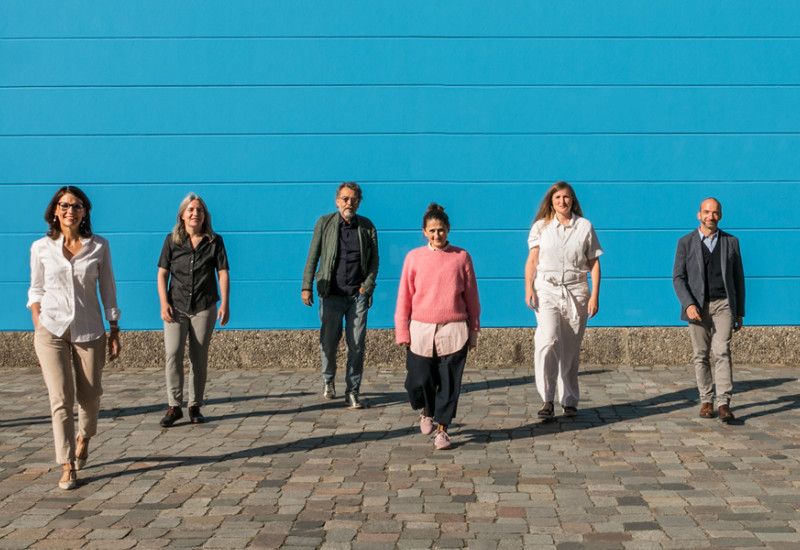The German Environment Agency (UBA) believes it is possible to reduce greenhouse gas emissions in the EU by at least 60 percent below 1990 levels by 2030. A key element in this is a rapid reform of EU emissions trading. read more

 Umweltbundesamt
Umweltbundesamt


The German Environment Agency (UBA) believes it is possible to reduce greenhouse gas emissions in the EU by at least 60 percent below 1990 levels by 2030. A key element in this is a rapid reform of EU emissions trading. read more

In 2015, the United Nations adopted 17 goals for worldwide socially, ecologically and economically sustainable development (Sustainable Development Goals, SDGs). The SDG 12 database shows which developments have taken place in Germany since then with regard to Goal 12 "Ensure sustainable consumption and production patterns". It currently comprises more than 120 activities. read more

147 submissions to the contest's four categories "Product", "Service", "Concept", and "Young Talent" were on display and evaluated yesterday at feldfünf, in the open space of the Metropolenhaus in Berlin. 28 projects were nominated by the environmental and design experts of the jury for this year's design award. read more

Air pollution, noise, climate change, chemicals – Environmental problems are a burden on human health. An intact environment can have a positive influence on health and well-being. Urban green spaces are a good example. A recent report by the European Environment Agency (EEA) describes successes for environment and health as well as challenges that face Europe today. read more

This advisory assistance project managed by UBA was devoted to showing Armenian students of engineering what they need to take into account to prevent, as far as possible, accidents giving rise to water pollution from occurring at industrial installations. read more

Children and adolescents between the ages of 3 and 17 in Germany have too many persistent chemicals from the per- and polyfluoroalkyl substance group, or PFAS, in their blood. These are the findings of an evaluation of the representative German Environmental Survey for Children and Adolescents, GerES V. read more

Meat substitute products such as vegetarian sausage, schnitzel or meatballs are becoming increasingly popular in Germany. A study entitled "Meat of the Future" by the German Environment Agency examines the effects which meat substitutes have on the environment and health and what role they could play in a future diet. read more

Waste is everywhere: in the Great Pacific garbage patch, as fine particular matter in the air, or as microplastics in the food chain. The group exhibition Zero Waste showcases international positions in contemporary art that point out the urgency to save resources, consume less, and live more sustainably. Zero Waste is on display at the MdBK Museum of fine arts in Leipzig from Jun 25 til Nov 8. read more